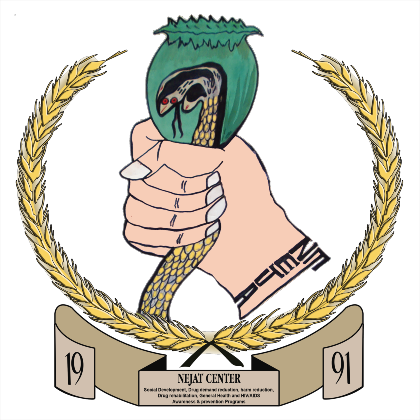Social Development
In an increasingly interconnected world, addressing the fundamental
challenges of education, healthcare, poverty alleviation, human rights,
environmental conservation, community empowerment, and social cohesion is
essential for fostering sustainable development and improving quality of life.
Each of these areas plays a critical role in shaping resilient societies.
1. Education initiatives aim to enhance literacy
rates, provide vocational training, and improve educational infrastructure,
ensuring that individuals are equipped with the skills needed for personal and
professional growth.
2. Healthcare programs focus on increasing access
to medical services, promoting health education, and tackling public health
challenges, ensuring that communities can thrive physically and mentally.
3. Poverty Alleviation efforts strive to reduce
poverty through economic development, job creation, and the establishment of
social safety nets, fostering economic stability and opportunity for all.
4. Human Rights advocacy emphasizes the protection
and promotion of fundamental rights, including gender equality and children's
rights, ensuring dignity and justice for every individual.
5. Environmental Conservation projects are vital
for safeguarding natural resources, promoting sustainable practices, and
addressing the urgent threat of climate change, ensuring a healthy planet for
future generations.
6. Community Empowerment activities focus on
building local capacities through leadership training and participatory
governance, enabling communities to take charge of their own development.
7. Social Cohesion initiatives work towards
fostering integration, peacebuilding, and conflict resolution, helping to
create inclusive societies where diversity is celebrated.
The NDRC recognizes the critical importance of Water, Sanitation, and
Hygiene (WASH) in promoting public health and enhancing resilience in
communities, especially in the face of disasters and environmental challenges.
Our WASH initiatives aim to provide comprehensive solutions that address the
pressing needs of vulnerable populations.
1. Access to Safe Water: NDRC focuses on ensuring
that communities have reliable access to safe drinking water. We implement
water supply systems, such as boreholes and rainwater harvesting, while also
promoting the use of water purification methods to enhance safety.
2. Improved Sanitation Facilities: We work to
construct and rehabilitate sanitation infrastructure, including latrines and
waste management systems. Our projects prioritize gender-sensitive designs to
ensure privacy and safety, particularly for women and girls.
3. Hygiene Education: NDRC places a strong
emphasis on hygiene promotion through community education campaigns. We conduct
workshops on proper handwashing techniques, menstrual hygiene management, and
safe food handling to empower individuals with the knowledge to protect their
health.
4. Emergency Response: In times of crisis, such as
natural disasters, NDRC rapidly deploys WASH interventions to affected areas.
We provide emergency water supplies, sanitation facilities, and hygiene kits to
ensure immediate relief and prevent outbreaks of waterborne diseases.
5. Sustainability and Community Involvement: Our
approach is centered around community participation, ensuring that local
stakeholders are engaged in the planning and implementation of WASH projects.
This fosters ownership and sustainability of initiatives, empowering
communities to maintain and manage their water and sanitation resources.
The NDRC (National Disaster Response
Center) NGO recognizes the critical importance of Water, Sanitation, and
Hygiene (WASH) in promoting public health and enhancing resilience in
communities, especially in the face of disasters and environmental challenges.
Our WASH initiatives aim to provide comprehensive solutions that address the
pressing needs of vulnerable populations.
- Access to Safe Water:
NDRC focuses on ensuring that communities have reliable access to safe
drinking water. We implement water supply systems, such as boreholes and
rainwater harvesting, while also promoting the use of water purification
methods to enhance safety.
- Improved Sanitation Facilities: We work to construct and rehabilitate sanitation
infrastructure, including latrines and waste management systems. Our
projects prioritize gender-sensitive designs to ensure privacy and safety,
particularly for women and girls.
- Hygiene Education:
NDRC places a strong emphasis on hygiene promotion through community
education campaigns. We conduct workshops on proper handwashing
techniques, menstrual hygiene management, and safe food handling to
empower individuals with the knowledge to protect their health.
- Emergency Response:
In times of crisis, such as natural disasters, NDRC rapidly deploys WASH
interventions to affected areas. We provide emergency water supplies,
sanitation facilities, and hygiene kits to ensure immediate relief and
prevent outbreaks of waterborne diseases.
- Sustainability and Community Involvement: Our approach is centered around community
participation, ensuring that local stakeholders are engaged in the
planning and implementation of WASH projects. This fosters ownership and
sustainability of initiatives, empowering communities to maintain and manage
their water and sanitation resources.
